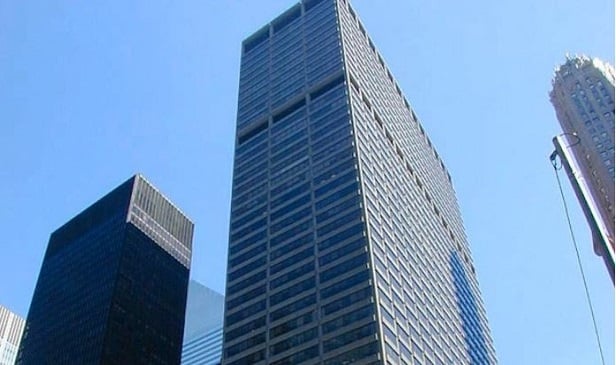(To read more on the debt and equity markets, click here.)
MUMBAI-The Indian real estate capital market, which has seen considerable growth recently, poses significant risks to investors, says a Deutsche Bank research report. While private debt in the form of bank lending has fuelled growth, both the private equity and private debt markets are also set to grow significantly in the coming years, it added.
However, the report listed five major risks: liquidity, regulatory, overall market transparency, property market transparency and macro-economic, that are likely to continue for some more time to come. The report also cites difficulty in foreign investment flowing into the sector following regulatory constraints. For example, foreign investors require permission from the Reserve Bank of India for property ownership. Investors need to apply for approval from the RBI to repatriate funds. In addition, FDI is limited to a small set of opportunities such as townships.
Transparency is another aspect on which the Indian real estate sector ranks very low, with Transparency International rating India at 88 out of 150 countries with regard to perceived corruption level. The report says that there is a need for more professional due diligence and valuation institutions. It adds that "although market transparency has obviously improved, it is still hard to get reliable and consistent information on the Indian property market."
At the macro-economic level too, investors should be aware of problems such as inadequate provision of public goods, such as education and transport infrastructure, in many regions. But the report goes on to state that volatility in interest rates, inflation and exchange rate risks have lessened. It also highlights the fact that the investment market is still in its infant stage with investors facing serious challenges in finding appropriate products.
On a more upbeat note, Deutsche Bank points out that in 2005, nearly $850 million additional capital flowed into the country's real estate sector. "Strong growth in private equity was driven by unlisted property funds and companies, which added around $82 million to the market."
Regarding the future, the report stated that both private equity and debt markets are set to grow significantly in the coming years. This will be fuelled by further project developments and more foreign direct investment.
Want to continue reading?
Become a Free ALM Digital Reader.
Once you are an ALM Digital Member, you’ll receive:
- Breaking commercial real estate news and analysis, on-site and via our newsletters and custom alerts
- Educational webcasts, white papers, and ebooks from industry thought leaders
- Critical coverage of the property casualty insurance and financial advisory markets on our other ALM sites, PropertyCasualty360 and ThinkAdvisor
Already have an account? Sign In Now
*May exclude premium content© 2024 ALM Global, LLC, All Rights Reserved. Request academic re-use from www.copyright.com. All other uses, submit a request to [email protected]. For more information visit Asset & Logo Licensing.








